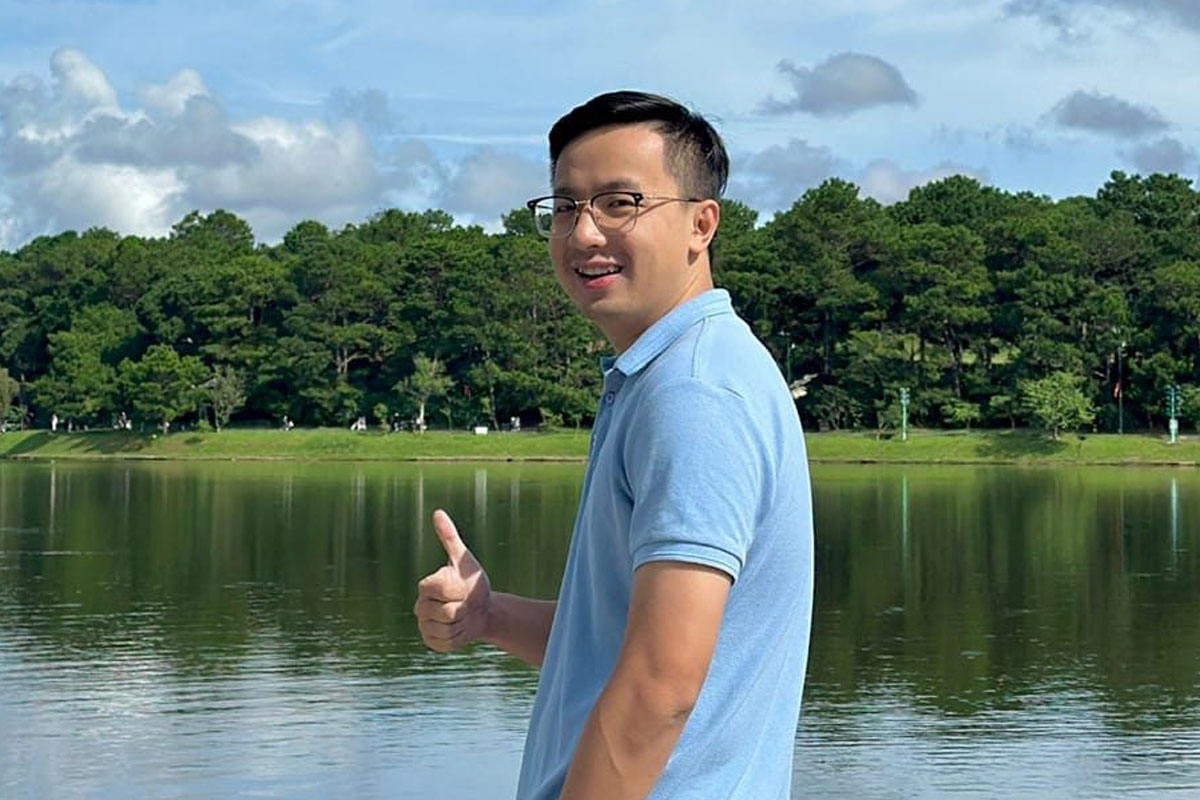From local to global: inside RMIT’s cross-border e-commerce classroom
As global e-commerce reshapes the business world, RMIT students are gaining the tools to lead it. Guided by Dr Bidyut Hazarika, they’re learning how to turn Vietnam’s local innovation into global impact.
Meet Dr Bidyut Hazarika: your guide to cross-border e-commerce success
In a world where digital commerce knows no borders, Dr Bidyut Hazarika stands at the intersection of technology, business innovation, and real-world impact. His journey from electronics engineering in India to becoming a leading voice in cross-border e-commerce education perfectly embodies what RMIT's "Ready for what's next" philosophy is all about.
Accounting with Impact: How RMIT is Redefining the Bottom Line
As the demand for businesses to account for their sustainability impact intensifies, the role of accounting is being redefined. At RMIT, Dr Samuel Buertey is equipping future professionals to go beyond the balance sheet and create value that truly counts.
Balancing the Books – and the Planet: Meet Dr Samuel Buertey
What started as a high school struggle turned into a lifelong passion – and a career that’s taken Dr Samuel Buertey across borders, industries and a rapidly evolving business landscape. Now a lecturer at RMIT Vietnam, he’s helping students see accounting not just as a technical field, but as a powerful driver of responsible business and sustainable change.





